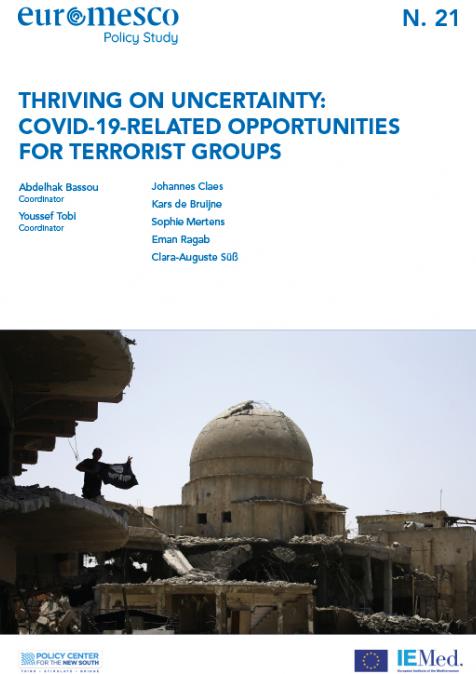Dans cet épisode Lassina Diarra et Abdelhak Bassou échangent sur le caractère religieux des violences en Afrique de l'ouest. Ils y discutent des implications politiques et des fondements de ces violences ainsi que des causes de leurs résurgence.
Speakers

Abdelhak Bassou
Senior Fellow
Abdelhak Bassou is a Senior Fellow at the Policy Center for the New South and a non-resident senior fellow at the Atlantic Council’s Africa Center. He is also an Affiliate Professor at Mohammed VI Polytechnic University. Bassou has had an extensive career in Moroccan National Security, where he served in various capacities including as head of the border division from 1978 to 1993. He was the former director of the Royal Institute of Police in 1998 and served as Head of Regional Security (Errachidia 1999-2003, Sidi Kacem 2003-2005) and as Central Director of General Intelligence from 2006 to 2009.
He holds a master's degree in political science and international studies from the Faculty of Law, Economics, and Social Sciences in Rabat. His academic research delves into inte ...

Lassina Diarra
Ivory Coast
Researcher and Consultant, Centre for Strategies and Security for the Sahel Sahara
Lassina Diarra has a degree in political science. He is a teacher-researcher at the University Institute of Abidjan and at the École nationale supérieure des armées du Bénin. Lassina is currently a researcher at Timbuktu Institute in Dakar. His research focuses on security and defense issues in West Africa, particularly terrorism and violent extremism in the West African region. He is the author of several books including ECOWAS face to transnational terrorism mechanisms and strategies of fight Ed. L'Harmattan and scientific articles: Facing Terrorism Radicalization and perception of the terrorist threat in the extreme north of Côte d'Ivoire: the case of Bounkani.
...







